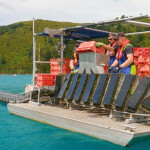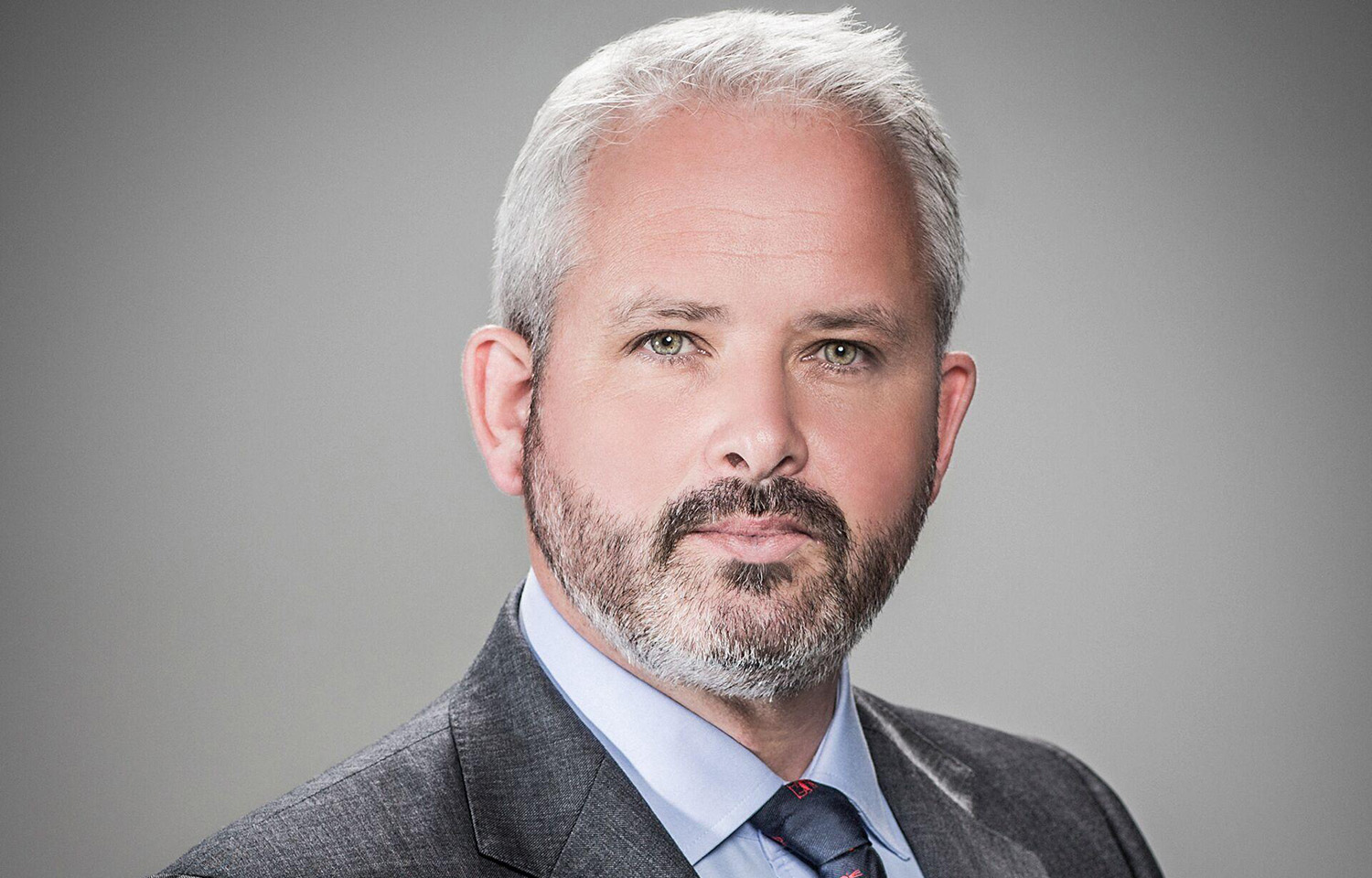A U.K. socially purposed human rights service provider wants seafood sustainability certification programs to take better account of labor conditions within their standards.
Human Rights at Sea International Executive Director David Hammond said the Marine Stewardship Council (MSC) and other eco-labeling programs need to do a better job of setting fair labor conditions before allowing the sustainability of any fishery, chain of custody, or seafood product.
“What we are safe to say is that MSC, as a standard-setter, cannot provide any guaranteed assurance of no human or labor rights abuses occurring in any fisheries supply or value chain. Indeed, neither can any auditing or third-party accreditation body,” Hammond told SeafoodSource. “[That] is why a suite of various intervention measures is needed, including direct engagement with workers.”
The publication of an October 2023 Outlaw Ocean report that found Chinese seafood-processing factories were using ethnic Uyghur workers sent from a Chinese government program prompted Hammond to assert British consumers are exposed to seafood produced with forced labor.
"The reality is that because it's out of sight, out of mind, a lot of that is happening over the horizon, quite literally," Hammond told Sky News in November 2023. "Nobody knows what's going on. So, you then have the issue of enforcement, and there is a massive lacuna in the enforcement issue from coastal states and international waters. Without enforcement, you don't have a deterrent effect, and without deterrent effect, you have impunity."
U.K. law is less clear whether Uyghur labor should be considered forced labor, and the European Parliament is considering legislation that would tighten its laws prohibiting goods produced with Uighur labor from entering the E.U.
Regardless, Hammond said certifications can give false assurances to consumers who look to certifications for an “assurance that the seafood they purchase is sourced ethically and meets quality assurance standards.”
“Workers are subjected to exploitative conditions, forced labor, and human trafficking in the seafood industry,” Hammond said at the Seafood Ethics Common Language Group conference in July, organized by Seafish, a U.K. agency promoting the seafood sector. “Some entities market their brand yet, when challenged on human rights abuses in certified fisheries, state only to be focused on ecological sustainability. Sustainability does not exist unless social protections are considered and enforced directly alongside environmental and biodiversity requirements.”
Workers must not be denied fundamental labor rights to unionize and must have the ability to collectively bargain, and they should be directly involved in setting labor standards for seafood certifications, Hammond said.
“Workers [should be] directly engaged in the design and implementation of any seafood certifications, standards, or ratings,” Hammond said. “All social audits, human rights due diligence, and/or independent social reviews must include direct and unfettered access to speak with workers, and worker’s perspectives are to be de facto included in any third-party reporting and not denied nor prevented through non-disclosure agreements.”








